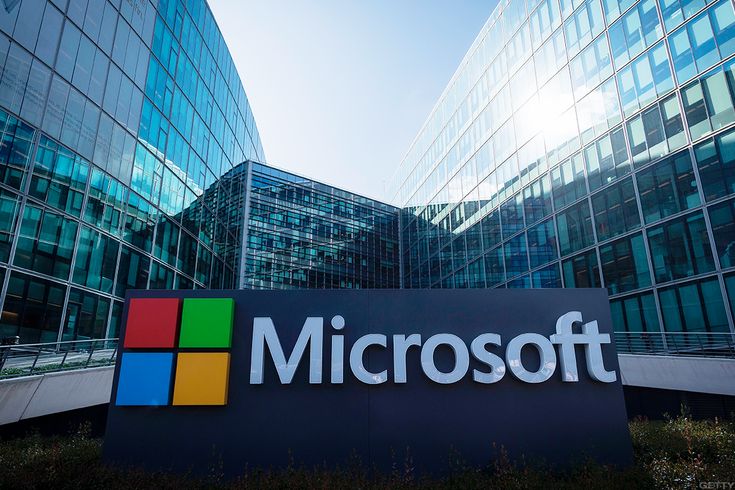Physical Address
304 North Cardinal St.
Dorchester Center, MA 02124
Physical Address
304 North Cardinal St.
Dorchester Center, MA 02124


In 2024, Microsoft faced a significant system outage that had far-reaching implications across various industries, including the global aviation sector. This incident highlighted vulnerabilities in critical infrastructure and underscored the need for robust contingency planning and security measures. This article delves into the causes of the outage, its impact, Microsoft’s response, the global reaction, and future preventive measures.
Causes of the Microsoft System Outage
The Microsoft system outage of 2024 was primarily caused by a series of cascading failures within its cloud infrastructure. Several factors contributed to this unprecedented event:
1. Software Bug: A critical bug in the latest software update led to unexpected behavior in the cloud services, causing them to malfunction.
2. Overload of Servers: A sudden surge in demand for cloud services overwhelmed the servers, exacerbating the issue and causing widespread disruptions.
3. Cyber Attack: There were also indications of a sophisticated cyber attack aimed at exploiting the vulnerability caused by the software bug, further aggravating the situation.
Impact on Global Aviation
One of the most notable impacts of the Microsoft outage was on the global aviation industry. Many airlines rely on Microsoft’s cloud services for various operations, including flight bookings, scheduling, and communication systems. The outage led to:
• Flight Delays and Cancellations: Hundreds of flights were delayed or canceled worldwide, causing significant inconvenience to passengers and financial losses for airlines.
• Disrupted Communications: Communication systems between airlines and airports were disrupted, leading to confusion and operational inefficiencies.
• Booking System Failures: Online booking systems crashed, preventing passengers from making new reservations or checking the status of their flights.
Microsoft’s Response
In response to the crisis, Microsoft undertook several immediate and long-term measures to mitigate the impact and prevent future occurrences:
1. Immediate Fixes: Microsoft deployed emergency patches to address the software bug and mitigate the overload on servers. They also worked closely with cybersecurity experts to counteract the ongoing cyber attack.
2. Customer Support: Microsoft provided extensive customer support to affected businesses, including airlines, to help them restore normal operations.
3. Investigation: A thorough investigation was launched to understand the root causes of the outage and to identify any security lapses.
Global Reaction and Future Outlook
The global reaction to the outage was a mix of concern and urgency. Industry experts and stakeholders emphasized the need for improved resilience in critical infrastructure:
• Increased Scrutiny: Governments and regulatory bodies called for stricter oversight of cloud service providers to ensure they have robust disaster recovery plans and security measures in place.
• Collaborative Efforts: There was a push for greater collaboration between private companies and public entities to enhance cybersecurity defenses and share threat intelligence.
• Innovation in Technology: The incident spurred innovation in technology, with a focus on developing more resilient and secure cloud infrastructure.
Future Preventive Measures
To prevent similar incidents in the future, several key measures were recommended:
1. Enhanced Security Protocols: Implementing stronger security protocols and regular vulnerability assessments to detect and address potential threats before they can cause damage.
2. Redundancy and Failover Systems: Establishing redundant systems and failover mechanisms to ensure continuous operation even in the event of a partial system failure.
3. Regular Audits and Stress Testing: Conducting regular audits and stress tests on cloud infrastructure to ensure it can handle sudden surges in demand and potential cyber attacks.
4. Improved Incident Response Plans: Developing comprehensive incident response plans that include clear protocols for communication, mitigation, and recovery during an outage.5. Training and Awareness: Investing in training programs for employees and partners to enhance awareness of cybersecurity best practices and protocols.
Conclusion
The 2024 Microsoft system outage was a wake-up call for the technology and aviation industries, highlighting the critical importance of robust security measures and contingency planning. While Microsoft took swift and effective actions to address the immediate crisis, the incident underscored the need for continuous improvement and vigilance to safeguard against future disruptions. By implementing enhanced security protocols, establishing redundant systems, and fostering collaboration between stakeholders, the likelihood of similar events can be minimized, ensuring the stability and reliability of essential services in an increasingly digital world.